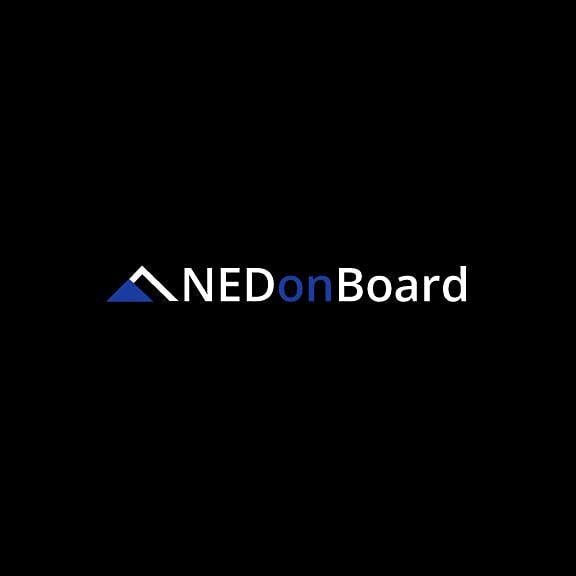In December 2017, the Financial Reporting Council (FRC) published proposals for the latest revisions to the UK Corporate Governance Code (Code). The FRC received over 250 responses from various parties. NEDonBoard sent its response on behalf of its members and the community of non-executive directors and board members.
Director independence and tenure limit
Proposal around director independence is one of the most contentious point. The proposal aims at ensuring effective succession planning and proper composition of board.
- The introduction of the 9-year tenure limit for independent chairs and directors is one of the most controversial point as it will prove problematic for a large number of listed companies. The FT reports that Aviva is happy for the proposed 9-year tenure limit to apply to non-executive directors but not to chairs while the International Corporate Governance Network expressed concerns around the rigidity of the definition.
- NEDonBoard welcomes the introduction of tenure limit. We consider that independence and the promotion of a new generation of decision-makers in the boardroom are essential and we advocate for a 7-year tenure limit. The tenure limit should apply to all non-executive directors and most importantly to chairs.
Focus on sustainable development and the long-term
The role of the remuneration committee is considerably strengthened with full knowledge of workforce policies. Investors are increasingly focused on excessive executive pay. Excesses have led to a mistrust in businesses by the public and the Code aims at improving trust in businesses.
- The FRC says that shares received as part of an executive bonus should be held for at least 5 years. This is a proposal that has been welcomed by many investors and the view of NEDonBoard is aligned.
Related post: Remuneration Committee Board Best Practice®
The FRC encourages constructive challenges in the boardroom, which is done through having diverse boards. Diversity is broadly defined i.e. gender and ethnicity as well as skills, behaviour and attitude. Boards are responsible for ensuring that a diverse pipeline of senior executives exist.
- ShareAction called for the focus to extend beyond company managers, while the Investment Association said that more work needed to be done on the reporting of diversity.
- NEDonBoard advocates for the addition of a generation / age dimension in the definition of diversity. In line with the Investment Association, we consider that reporting of diversity needs some work. In our response, we called for reporting to go beyond gender.
“Culture has to be right”
The Code highlights the importance of having the right corporate culture, as defined by David Styles, the Director of Corporate Governance at the FRC. The relationships between the board, companies and a wide range of stakeholders are crucial and the nature of those reflects the corporate culture. There is broad agreement on the topic of corporate culture from the respondents.
Contribution to society
The Code aims at improving trust in businesses and highlights the importance of the relationship between boards, companies, stakeholders and the wider society.
- Richard Buxton, who Old Mutual Global Investors, described this revision as “radical” and “terrific”.
- The Investment Association is concerned with the wording which in its view does not fully acknowledge shareholder primacy. Our view is that good governance aims at ensuring the long-term success and sustainability of companies. In the case of Carillion, the focus on shareholders’ interests may have triggered the collapse of the company as the cash flow generation did not support the payment of dividends and the leverage.
- NEDonBoard calls for specific reference to the UN SDGs and other NGO principles be included in the Code and for the Code to request companies to report on SDGs they have contributed towards.
Written by Elise Perraud




